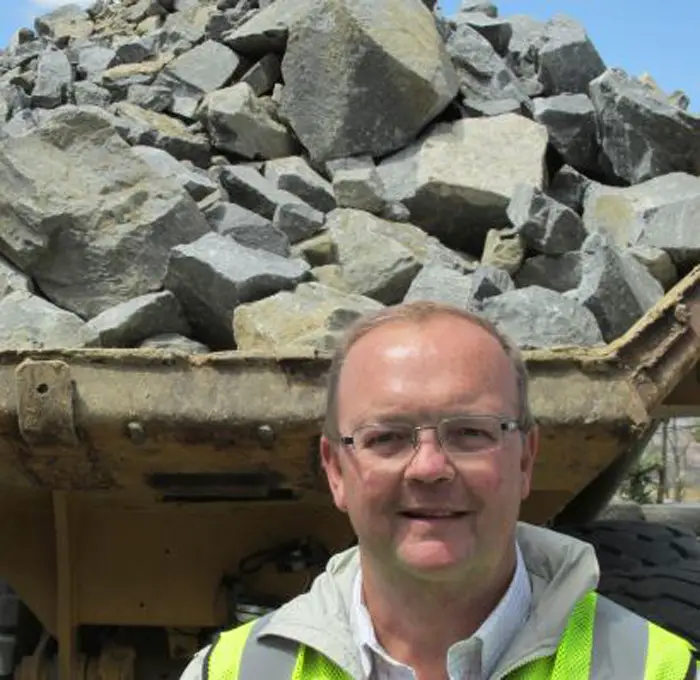The Aggregate and Sand Producers Association of Southern Africa (Aspasa) has appealed to members and role-player within the aggregates industry to support their regional structures and in so doing to facilitate better communication between members, as well as respond more quickly to localised opportunities and threats.
Regional chairpersons and committees are used as a conduit between local producers and the association in order to identify operational requirements relating to regulatory, training and other requirements and also plays an increasingly important role in facilitating discussions with all role players continuously improving the industry.
According to Aspasa director, Nico Pienaar, the regional Chairpersons is chosen from the association’s membership in each region and task are performed on a voluntary basis. “However, the role that they play is critical in moving the entire quarry industry forward and their work is expected to positively impact the success of their region.
“For this reason we are appealing to all members, associate members and suppliers etc to the quarry industry to find out who the local Aspasa chairperson is and to work actively with them to improve the industry in their respective regions,” says Nico.
He adds that the national structures of Aspasa will also be able to respond more quickly to the requirements of the regions to facilitate workshops and training, or to liaise with role-players to find solutions to problems facing the local industry.
The chairperson is also expected to establish a sound working relationship with local Department of Mineral Resources (DMR) representatives and in many instances will be able to directly address regulatory or law enforcement issues with them before escalating problems to the national structures where required.
“Quarry operators and other role players can also speak to their local Aspasa chairperson to find out more information about the association’s health, safety and environmental audits and should attend regional meeting to stay abreast of national issues and opportunities that may affect their businesses.
We realise that our association is only as strong as our members’ input, and we therefore encourage member companies to support regional initiatives that are being established to ensure that our industry remains buoyant and successful in future,” concludes Nico.

